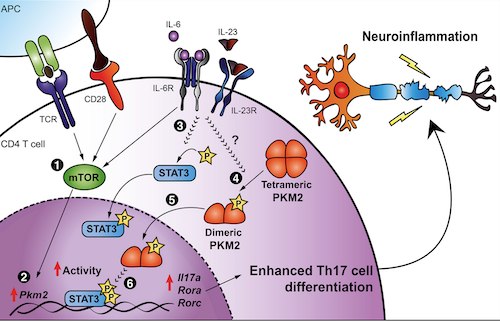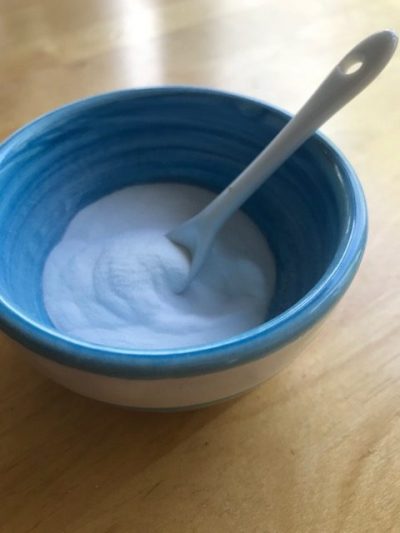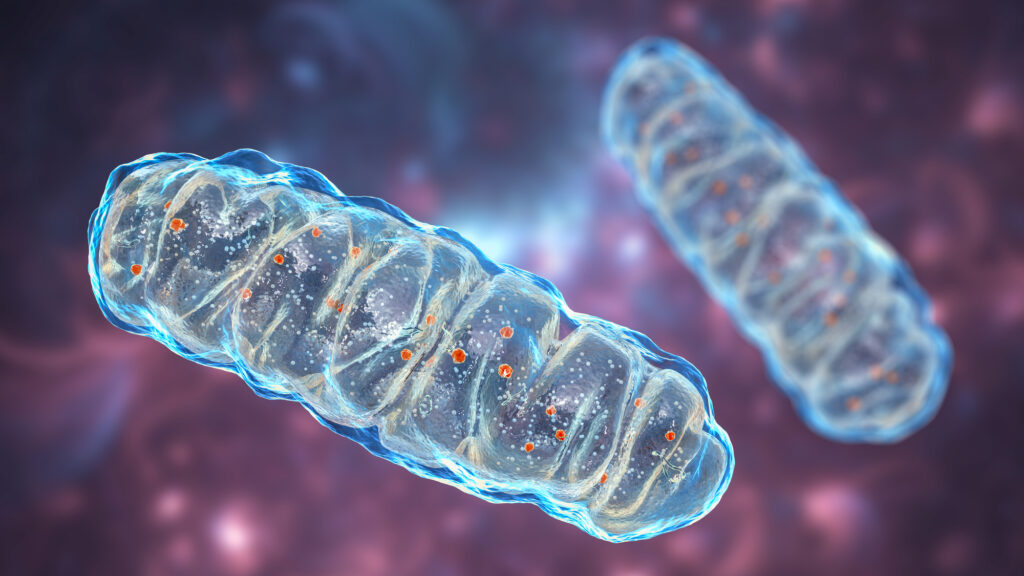Search Results
Enzyme PKM2 promotes Th17 Cell Differentiation and Autoimmune Inflammation
October 20, 2020
No Comments
An enzyme associated with energy production in cells also participates in the differentiation of immune cells involved in exacerbated autoimmune inflammation. The discovery could lead ...
Read More →
Common Kitchen Ingredient, Baking Soda, Reduces Autoimmune Response in Humans
May 9, 2018
No Comments
Is it crazy to think that something as simple as a daily dose of baking soda could significantly lower the damage caused by inflammation and ...
Read More →
Clues Connect Estrogen and Autoimmune Disease
June 9, 2014
No Comments
There is a phenomenon that scientists have yet to solve, regardless of whether a woman lives in the United States, where medical care is relatively ...
Read More →
Integrative Solutions for Thyroid Autoimmune Disease
January 28, 2014
No Comments
Autoimmune diseases are a group of disorders in which the immune system dysfunctions and attacks host tissues. Although the pathogenesis of autoimmune thyroid disease has ...
Read More →
Beyond Energy: The Role of Mitochondria in Vital Aging
July 5, 2024
No Comments
How maintaining mitochondrial wellness supports cellular function, offsets declines and helps your patients live longer and better Why do we age? While explanations of biological ...
Read More →
Connective Tissue Wellness and Healthy Aging
June 14, 2024
No Comments
Why connective tissue and collagen are essential for vital aging, and how evidence-based supplements can keep your patients healthy and strong throughout the years. ...
Read More →
The Link Between Methylation and Disease
May 31, 2024
No Comments
Methylation is a relatively simple process that underlies many of our bodies’ most complex functions. According to the National Cancer Institute, it is “a chemical ...
Read More →
Probiotic Metabolite May Help Treat IBS
May 23, 2024
No Comments
Science is only beginning to understand the role that the gut microbiome—the collection of bacteria and other microbes that live in our intestines—plays in our ...
Read More →
Demystifying Methylation: Patterns, Processes and the Pivotal Role of B vitamins.
May 8, 2024
No Comments
Methylation is a complex, often poorly understood subject—but it’s essential for overall wellness, vitality and disease prevention. As a central player in regulating gene expression ...
Read More →
The Ever-Evolving Microbiome: Part Two
April 5, 2024
No Comments
Crafting a personalized probiotic protocol that changes across the lifespan, to meet your patients' needs at every age and stage of life.
Read More →











